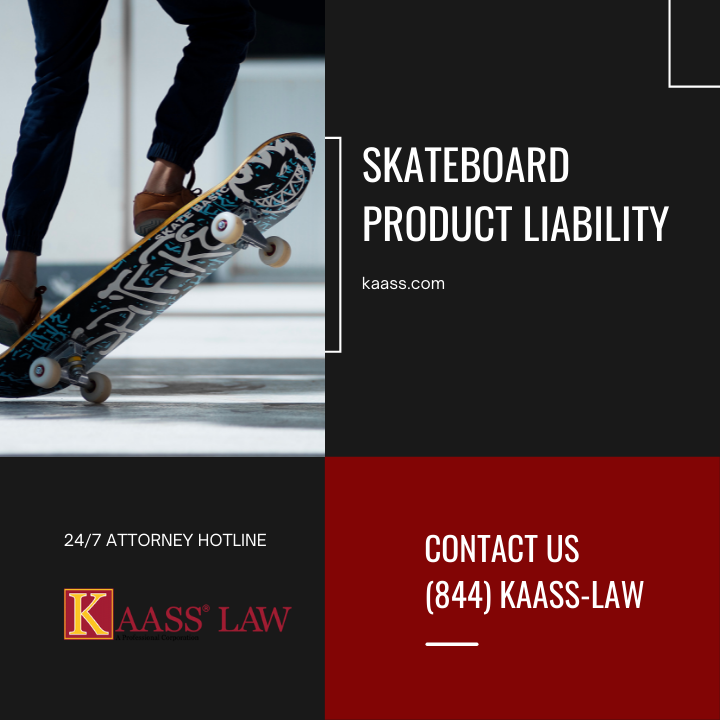Skateboard Product Liability in California
This post contains some basic information about skateboard product liability in California and the laws involved with riding skateboards. Skateboard laws are generally regulated locally and can change at any time so please make sure to consult with a professional near you for the most recent updates.
Many US states enacted legislation that limits the liability of government entities and their employees for skateboard injuries. Recently, skateboarding in California was classified as a “hazardous recreational activity,” and as a result, it is more difficult to win lawsuits against the government for injuries suffered on public property.
California Laws and Regulations on Riding Skateboards
In California, local authorities are permitted to adopt their own skateboarding laws. According to California Vehicle Code Section, 21212 skateboarders under the age of 18 must wear federally approved helmets. Riders 18 years old and older are allowed to ride without wearing helmets, though this can result in comparative fault for injuries in a personal injury case. In most cities, it is legal for skateboarders to ride on the bikeways, streets, and public bicycle paths as long as they avoid business districts and ride non-motorized skateboards.
Electric Skateboard Laws in California
There are the following rules to operate an electric skateboard in California:
- A person must be at least 16 years old
- A person must wear a helmet
- A person must use a red rear reflector, white headlight, reflectors on each side of the board to ride at night
- A person can only ride on sidewalks, roads, and paths where the speed limit is 35 miles per hour or less
- A person can’t surpass 15 miles per hour on roads, public bicycle paths, sidewalks, or bikeways
Types of Skateboard Product Liability Claims
There are three basic types of skateboard product liability claims:
- Design defects
- Manufacturing defects
- Advertising defects and failure to warn of a risk
Skateboard Design Defect
Design defect creates a predictable risk of harm which could have been reduced or avoided by another reasonable design.
In California law, a product is considered defectively designed if it fails the “consumer expectation test.” This means that the product must be as safe as a consumer would expect it to be when using it reasonably. A product can also be considered defectively designed in case it caused harm and the defendant is unable to prove that the usefulness of the product’s design outweighed the risk.
Manufacturing Design Defect
Manufacturing defect takes place when a product departs from its intended design, even though all possible care could have been taken in the product’s manufacture and promotion.
Skateboard Failure to Warn Defect
Failure to warn defect is when a foreseeable risk of injury caused by a product could have been reduced or avoided by proper instructions or warnings.
In California, a person injured by a defective product has a right to sue anyone in the chain of production and supply, from the manufacturer through the retailer. A wholesaler or distributor can also be at risk regardless of his actual responsibility for the product’s defect. Thus, skateboard retailers and manufacturers can all be responsible for defective skateboards.
Products Liability Lawyer
Would you like to file a product liability lawsuit in California? Our product liability lawyers at KAASS Law can look into your situation, and provide you with a free consultation. Get in touch with us now at 310-943-1171.

